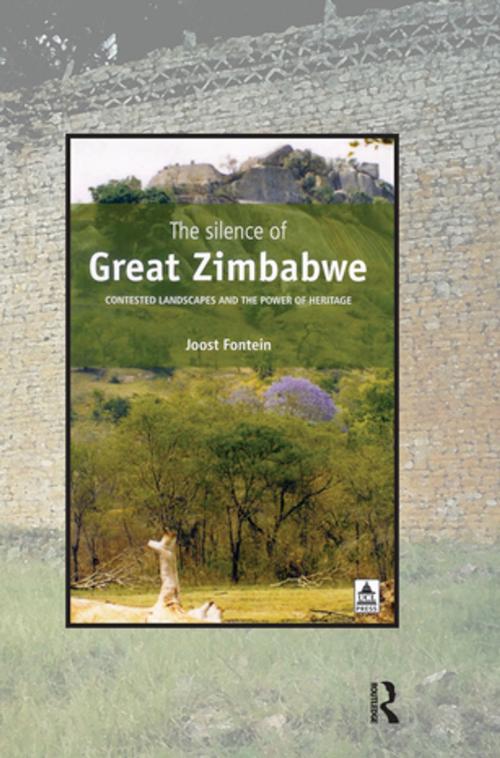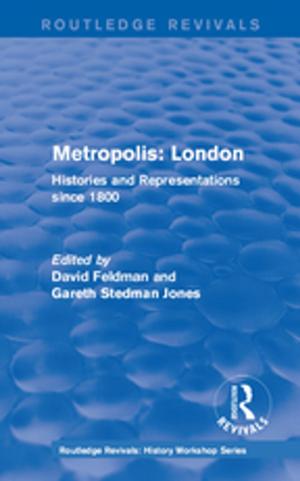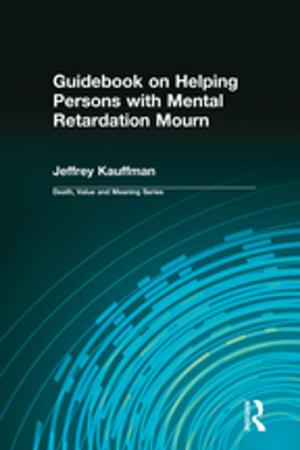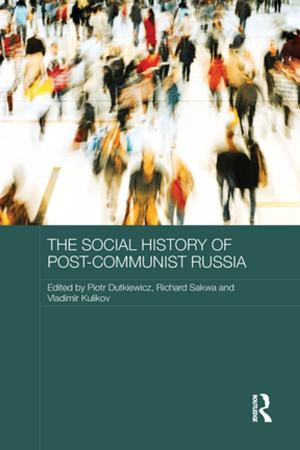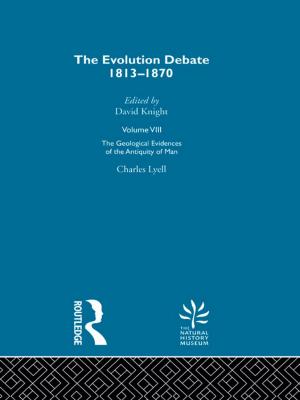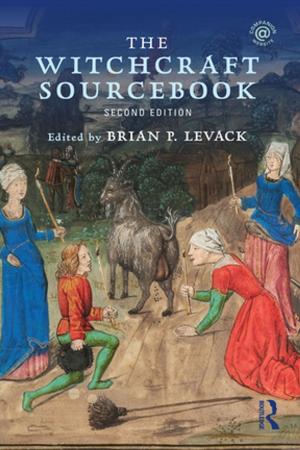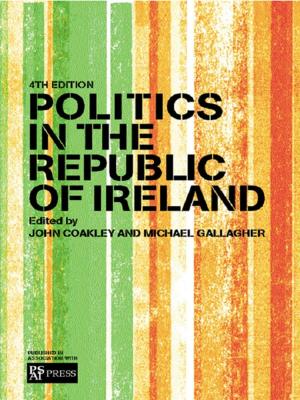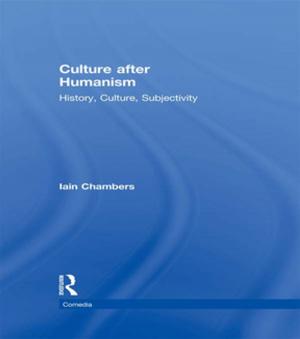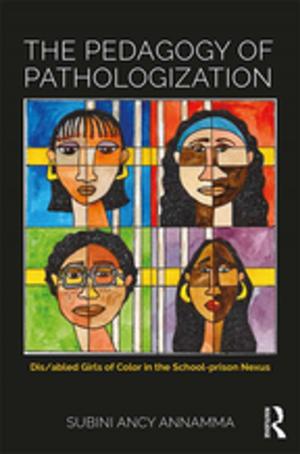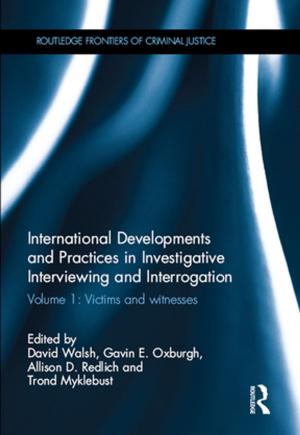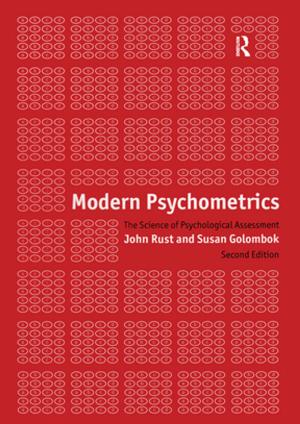The Silence of Great Zimbabwe
Contested Landscapes and the Power of Heritage
Nonfiction, Social & Cultural Studies, Social Science, Archaeology| Author: | Joost Fontein | ISBN: | 9781315417196 |
| Publisher: | Taylor and Francis | Publication: | June 3, 2016 |
| Imprint: | Routledge | Language: | English |
| Author: | Joost Fontein |
| ISBN: | 9781315417196 |
| Publisher: | Taylor and Francis |
| Publication: | June 3, 2016 |
| Imprint: | Routledge |
| Language: | English |
This book examines the politics of landscape and heritage by focusing on the example of Great Zimbabwe National Monument in southern Zimbabwe. The controversy that surrounded the site in the early part of the 20th century, between colonial antiquarians and professional archaeologists, is well reported in the published literature. Based on long term ethnographic field work around Great Zimbabwe, as well as archival research in NMMZ, in the National Archives of Zimbabwe, and several months of research at the World Heritage Centre in Paris, this new book represents an important step beyond that controversy over origins, to focus on the site's position in local contests between, and among individuals within, the Nemanwa, Charumbira and Mugabe clans over land, power and authority. To justify their claims, chiefs, spirit mediums and elders of each clan make appeals to different, but related, constructions of the past. Emphasising the disappearance of the 'Voice' that used to speak there, these narratives also describe the destruction, alienation and desecration of Great Zimbabwe that occurred, and continues, through the international and national, archaeological and heritage processes and practices by which Great Zimbabwe has become a national and world heritage site today.
This book examines the politics of landscape and heritage by focusing on the example of Great Zimbabwe National Monument in southern Zimbabwe. The controversy that surrounded the site in the early part of the 20th century, between colonial antiquarians and professional archaeologists, is well reported in the published literature. Based on long term ethnographic field work around Great Zimbabwe, as well as archival research in NMMZ, in the National Archives of Zimbabwe, and several months of research at the World Heritage Centre in Paris, this new book represents an important step beyond that controversy over origins, to focus on the site's position in local contests between, and among individuals within, the Nemanwa, Charumbira and Mugabe clans over land, power and authority. To justify their claims, chiefs, spirit mediums and elders of each clan make appeals to different, but related, constructions of the past. Emphasising the disappearance of the 'Voice' that used to speak there, these narratives also describe the destruction, alienation and desecration of Great Zimbabwe that occurred, and continues, through the international and national, archaeological and heritage processes and practices by which Great Zimbabwe has become a national and world heritage site today.
